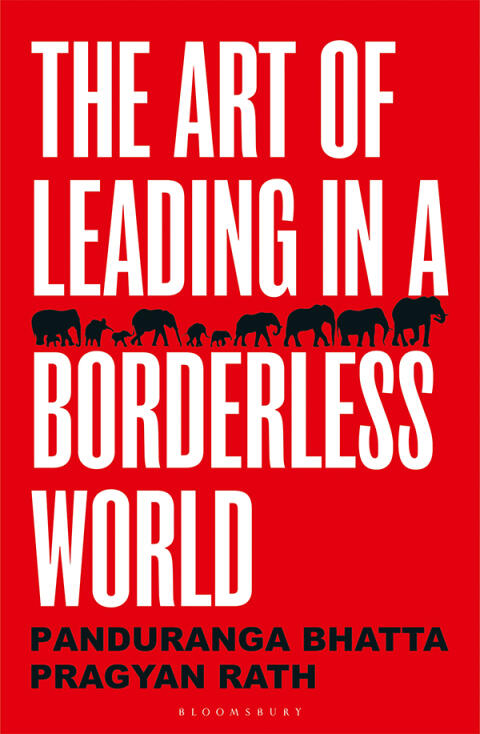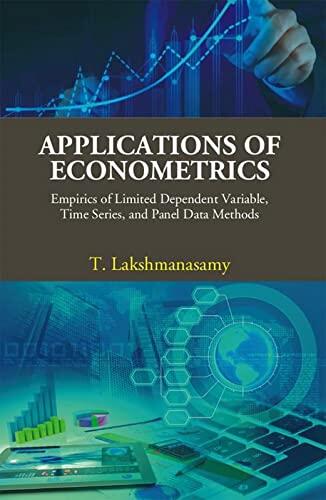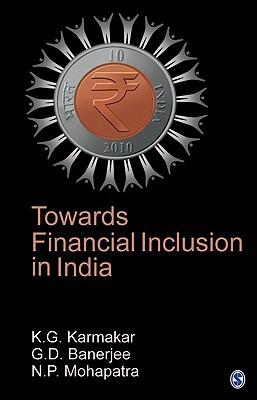
Critical Analysis of International Debts on National Policies
by
Ashok M. Gadkari
No ratings yet
Business & Economics
Format
Kindle
Pages
618
Language
Hindi
Published
Jan 1, 2020
Publisher
Gyan Publishing House
Edition
2
ISBN-10
8121254930
ISBN-13
9788121254939
Description
Ashok M. Gadkari delves into the complex interplay between international debt and national policy frameworks in his thought-provoking analysis. The examination begins with foundational economic theories, providing readers with a clear understanding of the principles that underpin the global financial system. By establishing a solid theoretical foundation, Gadkari prepares the ground for a deeper exploration of the ramifications of debt on various countries.
In the subsequent sections, the author meticulously analyzes how accumulating international debts can influence a nation's economic strategies and decision-making processes. He draws on a range of case studies, showcasing both successful and detrimental outcomes to illustrate the unpredictable nature of global financial dependence. Gadkari emphasizes the need for prudent policy formulation to safeguard national interests while navigating the often treacherous waters of international finance.
Throughout the book, Gadkari encourages critical thinking about the responsibilities of both lending entities and borrowing nations. He highlights the ethical dimensions of debt accumulation and its souvent hidden socio-economic impacts, sparking a dialogue about sustainable financial practices and development policies. The text ultimately calls for a reevaluation of existing paradigms, urging policymakers to approach international debt with a more integrated and holistic perspective.
By weaving together theoretical insights with real-world applications, this critical analysis not only serves as a valuable resource for scholars and students of economics but also offers practical guidance for policymakers navigating the complexities of international financial relations. Through Gadkari's insightful narrative, readers are left with a deeper appreciation of the intricate dynamics at play in the global economy and the imperative for responsible governance in the face of debt.
In the subsequent sections, the author meticulously analyzes how accumulating international debts can influence a nation's economic strategies and decision-making processes. He draws on a range of case studies, showcasing both successful and detrimental outcomes to illustrate the unpredictable nature of global financial dependence. Gadkari emphasizes the need for prudent policy formulation to safeguard national interests while navigating the often treacherous waters of international finance.
Throughout the book, Gadkari encourages critical thinking about the responsibilities of both lending entities and borrowing nations. He highlights the ethical dimensions of debt accumulation and its souvent hidden socio-economic impacts, sparking a dialogue about sustainable financial practices and development policies. The text ultimately calls for a reevaluation of existing paradigms, urging policymakers to approach international debt with a more integrated and holistic perspective.
By weaving together theoretical insights with real-world applications, this critical analysis not only serves as a valuable resource for scholars and students of economics but also offers practical guidance for policymakers navigating the complexities of international financial relations. Through Gadkari's insightful narrative, readers are left with a deeper appreciation of the intricate dynamics at play in the global economy and the imperative for responsible governance in the face of debt.
Reviews
Reading Log
No reading logs found
Start tracking your reading progress to see logs here
Add Your First Reading LogNotes
Transaction Log
No transaction logs found
Start tracking your book transactions to see logs here
Add Your First Transaction Log


















